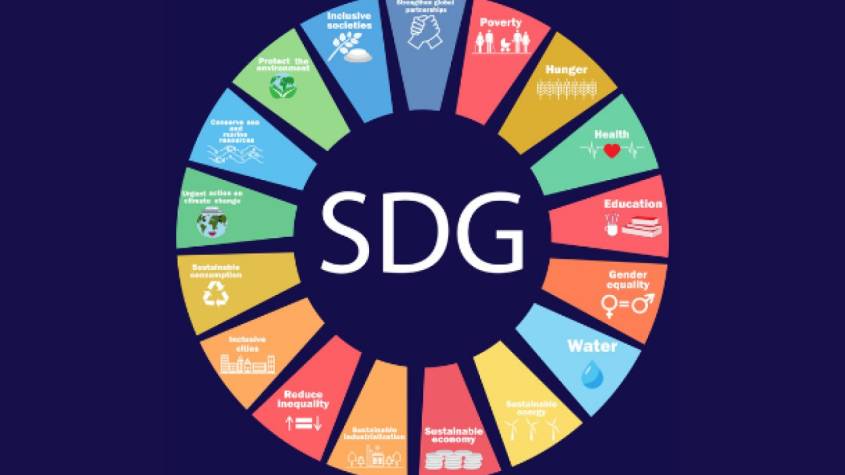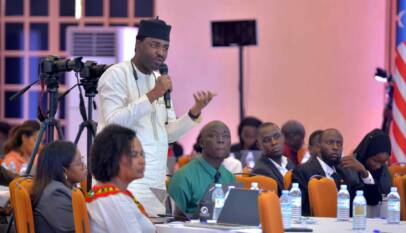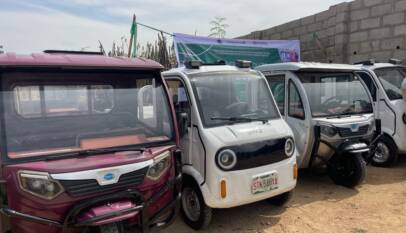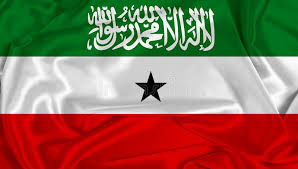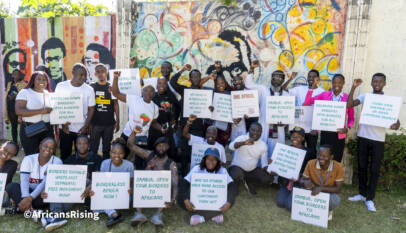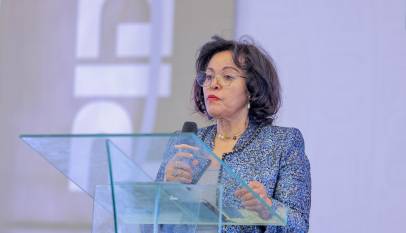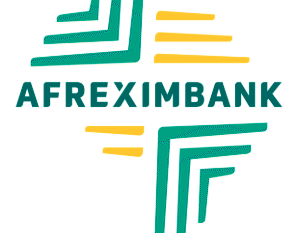OP-ED | Why ODA is Not Solution to Africa’s Development Challenges, By Betty Wainaina
Overseas Development Assistance is not the solution to Africa’s development challenges; the future of Africa’s development financing lies in strengthening the continent’s ability to raise resources internally, i.e, Domestic Resource Mobilisation (DRM).
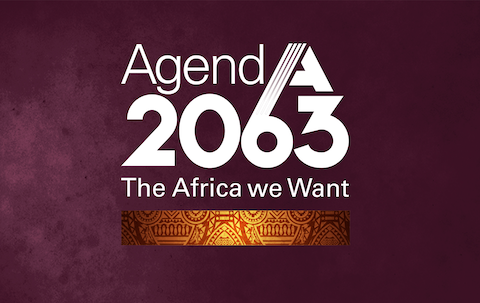
A decade after the adoption of the 2030 Agenda, a measly 17% of the Sustainable Development Goals, or SDGs, are on track. If we were in a classroom, the international community would fall into the category of “ungraded.” This is devastating, but unsurprising: a huge financing gap stands in the way of achieving the Goals. In Africa, an additional $1.3 trillion in financing is needed yearly to achieve the SDGs by 2030 – a figure representing about 42 percent of the continent’s GDP.
Traditional development financing – a combination of Overseas Development Assistance (ODA), and support from multilateral development banks – falls far short of what’s needed to finance sustainable development, especially in Africa. In 2024, for example, ODA to Africa was $42 billion – just 3% of what the continent needs. The future of Africa’s development financing lies in a different approach: strengthening the continent’s ability to raise resources internally.
As we approach the Fourth International Conference on Financing for Development, to be held in Seville later this month, governments are grappling with how to close this financing gap. African delegates at the meeting must ensure that it results in an outcome document that supports Africa’s Domestic Resource Mobilization (DRM) – an approach that can finally bring the continent the economic stability and sustainability that it needs.
Three Steps to Building Africa’s Financial Independence
Rather than chasing dwindling ODA, Africa must direct its brain power and diplomatic capital toward strengthening its capacity to mobilize resources internally. This means pursuing a bold agenda across three fronts: laying the foundations for growth and revenue; building smart, equitable tax systems; and strengthening public financial governance.
The first front is essential: we must lay the foundations for future growth by addressing the internal and external barriers to expanding Africa’s productive base – the wellspring of the continent’s future tax revenue. One critical step is fully implementing the African Continental Free Trade Area (AfCFTA), which could increase African exports by $560 billion and bring the continent an additional $450 billion in income. To seize this opportunity, governments must invest in regional infrastructure, modernize customs procedures, and streamline cross-border regulations.
Beyond trade, Africa must also deepen its capital markets and work with the global financial regulatory system to reduce the cost of remittance transfers. If successful, remittances could grow to $500 billion. Meanwhile, global green growth minerals are estimated to be worth $16 trillion – and if Africa captures just 10% of that market, the returns would be substantial.
The second front is the building of smart, equitable tax systems. Africa’s average tax-to-GDP ratio currently stands at roughly 16%. Raising this ratio even modestly – to an average of 20%, as we see in many countries in Asia and Latin America – would bring an additional $113 billion in revenue into Africa’s coffers. That’s more than Africa currently receives from wealthy donors and development banks combined.
The third front is to manage our finances wisely, because we know all too well that you cannot mismanage your way to prosperity. An important aspect of good governance is sealing the loopholes through which Africa’s financial wealth flows out of the continent. This is an existential priority. According to the African Development Bank (AfDB), Africa loses roughly $587 billion every year through a combination of illicit financial flows, profit-shifting by multinationals, and corruption. Though the continent is not solely responsible for these leakages, it has a big role to play in cutting them off.
These losses demand concerted reform – both at home and on the international stage. To that end, Africa must continue to play an active role in negotiating an inclusive framework of international tax cooperation under the framework of the United Nations that exposes and eliminates tax loopholes.
Meanwhile, Africa must move away from outsourcing expertise and build her own cadre of experts to ensure that African nations show up equipped and informed in every one of those negotiations. At home, Africa must put the principles of good public financial management into practice through enhanced prudence, accountability and transparency.
As the delegates in Seville burn the midnight oil trying to craft an outcome document that addresses the big financing for development challenges, Africans need to consider how the various proposals will materialize across the continent. How well do each of the chapters in that document – from ODA, to debt, to private financing, to systemic issues – align with Africa’s vision of unlocking its own resources to obtain the additional $1.3 trillion that the continent needs to achieve the SDGs? Because in the end, that’s the only approach that can deliver the future Africa deserves.
Betty Wainaina is the Program Director of the Multilateral Reform Program at the Center on International Cooperation (CIC) at New York University. The views expressed in it are those of the author and do not necessarily reflect African Newspage’s editorial policy.

